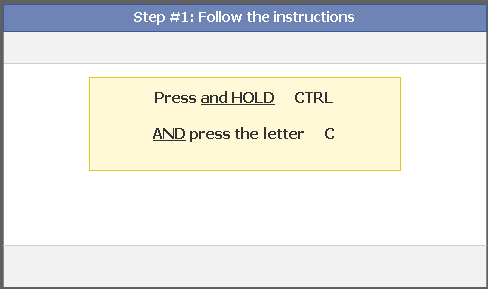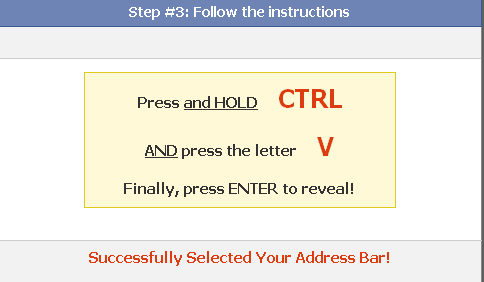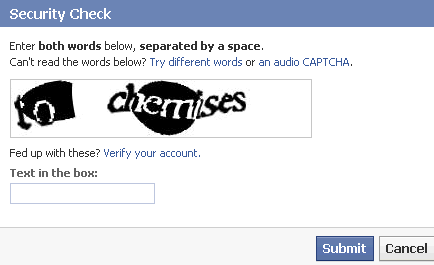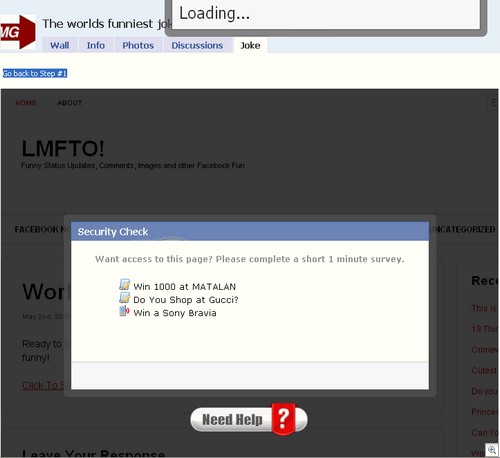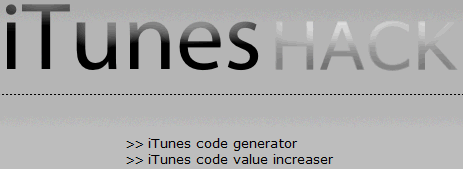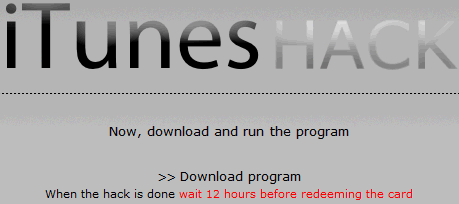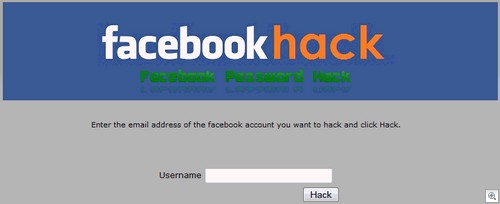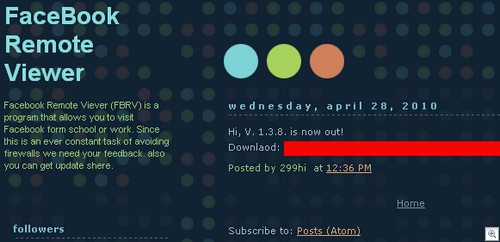The draft privacy legislation in the U.S. Congress that we blogged about yesterday has drawn comment from a lot of players – businesses and trade groups in the $24 billion online advertising industry as well as privacy groups.
The draft legislation was introduced by Rep. Rick Boucher of Virginia (D-9), who is chair of the House Subcommittee on Communications, Technology and the Internet. It is cosponsored by the ranking minority member of the committee Rep. Cliff Sterns of Florida (R-6).
If there’s one conclusion that can be drawn from the news stories, it’s that everyone is expecting a lot of changes to be made on the bill.
Nobody likes it as it is written now. Industry sources of course want to kill it entirely and many are trotting out the old “we prefer self regulation” horse (you know, the way their “self regulation” stopped adware and spam.) Privacy groups don’t think it’s gone far enough.
There is a very, very legitimate place for Internet advertising, however, it’s pretty clear that without some kind of regulation by an agency with some real power to access penalties, most Internet advertisers simply won’t care about customers’ privacy. If they can sell that information, that makes it all the better.
Below is a roundup of the reactions:
Not pleased (bill does too much):
Mike Zaneis, vice president for public policy for the trade group Interactive Advertising Bureau: “…some of these definitions and requirements were ‘overly broad.’ For instance, including an I.P. address in covered information would be a huge ‘change to existing laws here in the U.S. and would potentially have widespread implications.’”
(N.Y. Times: “Consumer Groups Say Proposed Privacy Bill Is Flawed”)
Direct Marketing Association: the measure “has potentially sweeping impacts for direct marketers working across every marketing channel.
“Requiring notice and consent from an individual prior to any collection, use, or disclosure of information for any purpose would threaten the most basic of direct marketing practices.”
Association of National Advertisers hasn’t yet taken an official position on the draft, but executive vice president of government relations Dan Jaffe says the draft proposal “would be very disruptive” to online and offline marketers.
(Media Post News: “DMA Takes Stand Against Boucher Bill”)
Not pleased (bill doesn’t do enough):
Michelle DeMooy, senior associate for national priorities at Consumer Action: “Please explain to me why a marketer would need your information for 18 months?”
John Simpson from Consumer Watchdog: “This bill really adopts and endorses an archaic … notice and consent regime that we know does not work,
“I can’t imagine that the industry would be happier if they’d written a bill themselves. This basically gives them absolutely everything they want with no meaningful protection for consumers whatsoever. To describe it as industry-friendly is an understatement.”
Peter Eckersley, senior staff technologist at the Electronic Frontier Foundation: “What we need is better default rules of the road for how privacy occurs on the Internet [so] you don’t have to worry about opting-out.
“One of the biggest concerns that we have with the current regime is that when opt-outs are present, they’re frequently kind of dummy opt-outs. What you’re opting out of is not the collection of information about you, but rather the targeting of advertising to you based on the information that was previously collected. You have no option of being surveilled, you can only opt out of being marketed to.”
Ginger McCall, staff counsel with the Electronic Privacy Information Center: “the opt-out requirements ‘simply maintains the status quo’ while the state pre-emption clause denies the states a more innovative solution to combating violations.”
Evan Hendricks, editor and publisher of Privacy Times: “No bill would be better than this bill. This is a non-starter. I don’t feel compelled [to thank Boucher for his efforts], but I will thank him if he realizes that this thing should be buried.”
Not completely displeased:
Facebook spokesman Andrew Noyes: “As public attitudes towards sharing and control over information evolve and become more diverse, Rep. Boucher has taken an important step in what promises to be a productive and vigorous public dialogue about privacy in the Internet age. We look forward to being part of the discussion.”
Google: “We believe strong, consensus protections for data privacy are vital to support both the interests of our users and future innovation. We are reviewing the draft legislation now and look forward to working with Congress on this important issue.”
Microsoft spokeswoman Christina Pearson: “Microsoft has long advocated for a comprehensive federal privacy bill. We look forward to working with Chairman Boucher, Rep. Stearns and the House and Senate on this important effort to ensure consumer privacy is protected.”
Yahoo: “While there certainly remain some fundamental issues to be worked out to make sure that this legislation protects the extraordinary breadth of free services for consumers made possible by online advertising, Yahoo commends the hard work that Representatives Boucher and Stearns have done thus far and we are grateful that they have stated they are not looking to disrupt this business model with their legislation. We look forward to continuing to work constructively with the sponsors of this legislation and others in Congress as they debate this complex but important issue.”
(PC Magazine: “Boucher’s Privacy Bill Scolded by Consumer Groups”)
Pam Dixon, executive director of public-policy-research group World Privacy Forum: “This is one part of the argument showing that the ad industry has lost. There’s a broad acknowledgment at this point that computer-based and numeric identifiers are just as good as your name.”
(Advertising Age: “Draft of Online Privacy Bill Stirs Fears Among Ad Industry”)
Tom Kelchner

